Minister: Sudan junta forging Israeli ties without informing civilian government
Sudan’s Information Minister Faisal Mohamed Salih has criticized the military for developing relations with Israel without informing civilian officials of the country's ruling council.
Salih said an Israeli delegation’s visit to military manufacturing facilities in Sudan last month had taken place without the cabinet’s knowledge.
Foreign relations are “supposed to be in the hands of the council of ministers,” Salih told S24, a Sudanese TV channel.
“But matters related to normalization have actually been unilaterally seized by the military,” he said.
In October, US President Donald Trump announced at the White House that Sudan and Israel had agreed to normalize relations.
Sudan thus became the third Arab country — after the United Arab Emirates (UAE) and Bahrain — to agree to a normalization deal with Israel since August.
But no signing ceremony has been held between Sudan and Israel so far.
The US has promised to remove Sudan from Washington’s list of so-called state sponsors of terrorism (SST). That has widely been seen as the sole incentive for Sudan’s normalization with the Israeli regime.
The normalization deal, which was condemned by Palestinians as a betrayal of their cause, also sparked protests in Sudan.
Salih's remarks signal further strains between civilian and army officials within the transitional government.
Last week, the transitional government expressed its opposition to the decree made by the head of the Sovereignty Council General Abdel Fattah al-Burhan.
Al-Burhan established a council of transition partners (CTP) “responsible for leading the transition period, resolving differences [between those in power] and having all the necessary prerogatives to exercise its power,” according to Sudan’s SUNA news agency.
This is while Sudan has already established a council — comprised of six civilian and five military leaders — that is tasked with leading the country to free and fair multiparty elections in 2022.
The transitional government of Prime Minister Abdalla Hamdok expressed its opposition to al-Burhan’s decree, accusing the general of overstepping his prerogatives by conferring excessive powers on the new body.
The civilian faction has repeatedly accused the military of taking steps toward normalization without its consent, casting doubt on a successful transition to democracy in the African country.
Sudan’s governing council, which is comprised of six civilian and five military leaders, was founded in August 2019 after the military overthrew president Omar al-Bashir in the wake of mass protests against his rule.
The council, Sudan’s highest executive authority, is tasked with leading the country to free and fair multiparty elections in 2022.
200 days of genocide: Palestinian resistance prevails over occupation
Ukraine launches drone strikes on Russia's energy sites
VIDEO | Anti-US sentiments grow in Iraq as US military presence unresolved
Jamaica officially recognizes state of Palestine
Raeisi attends inauguration of Iran-built mega multipurpose project in Sri Lanka
'Sinwar still supervising Gaza war; Israel deliberately delaying talks on captives'
VIDEO | Press TV's news headlines
UK's Rwanda deportation plan morally disgraceful


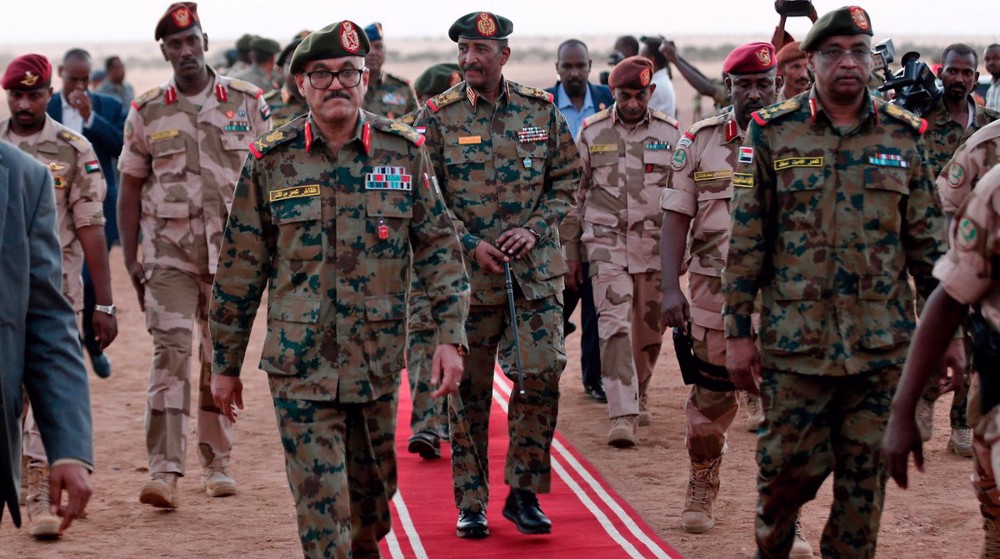

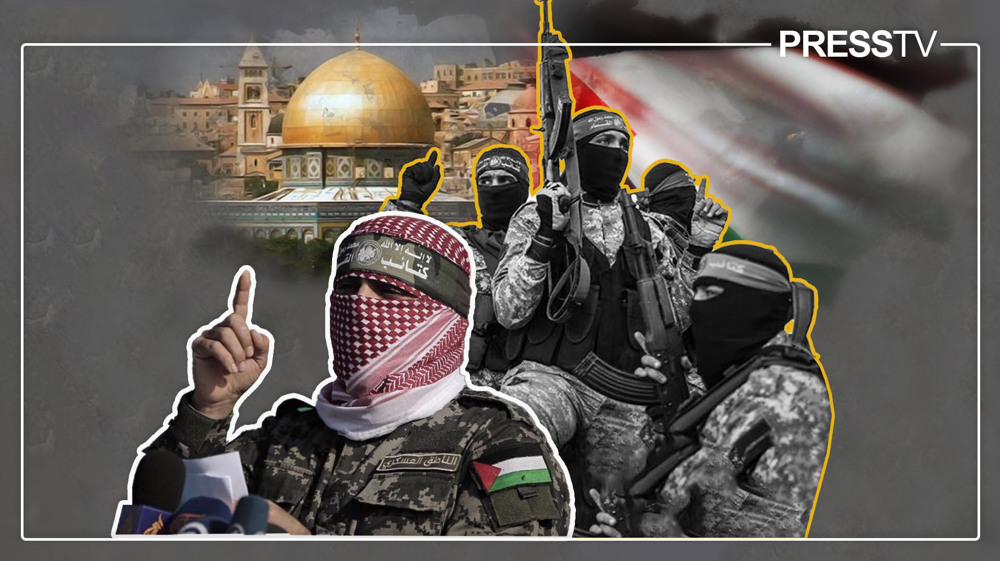
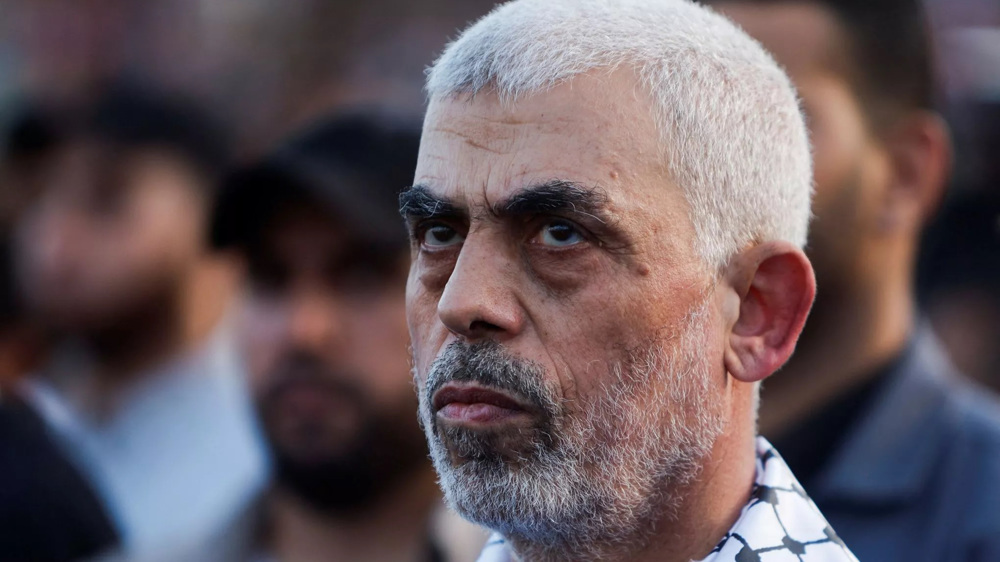
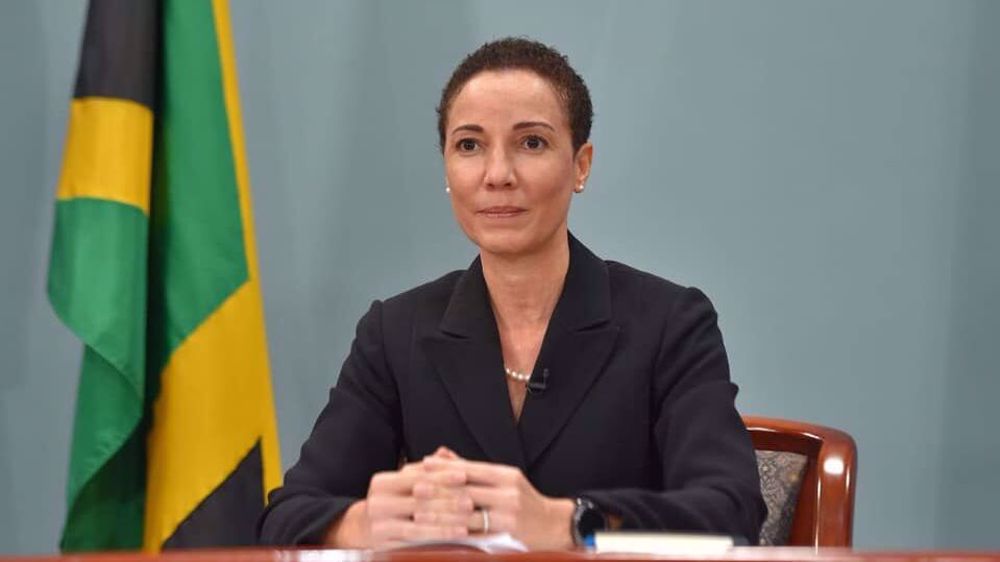



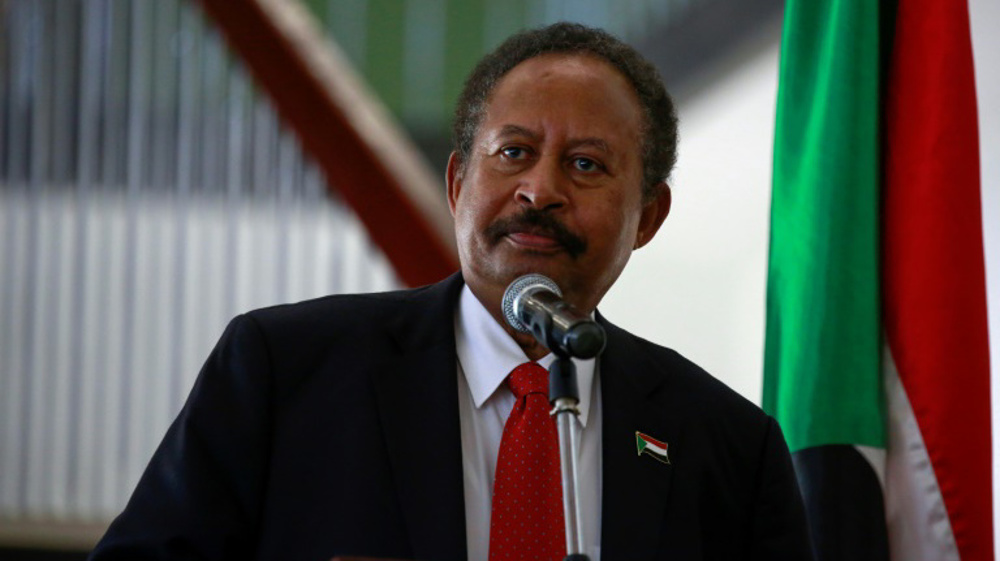

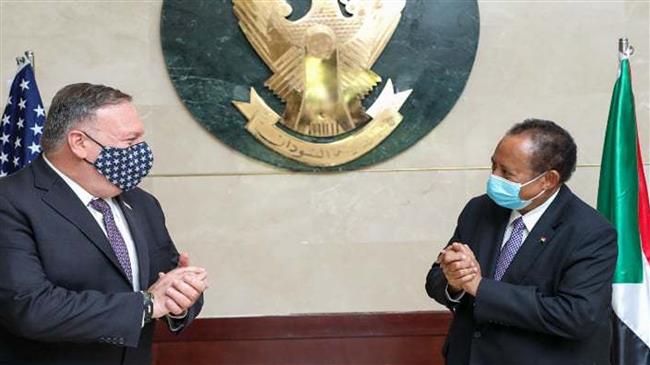

 This makes it easy to access the Press TV website
This makes it easy to access the Press TV website